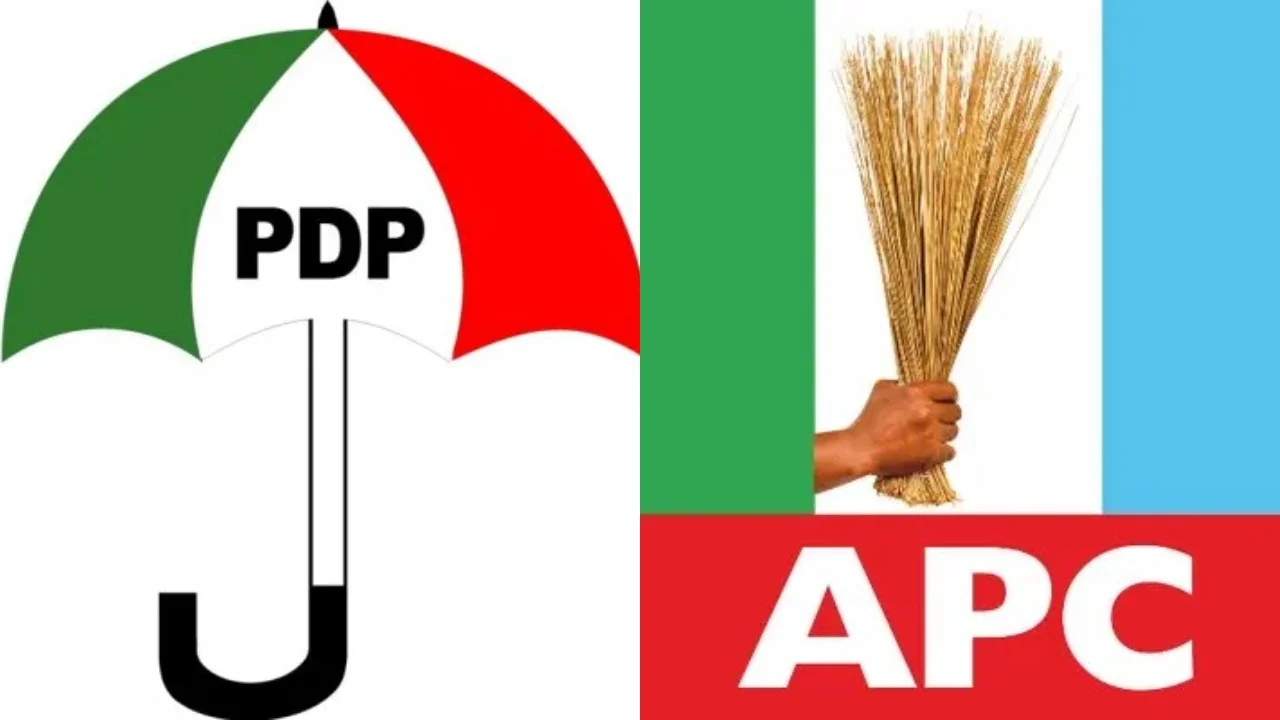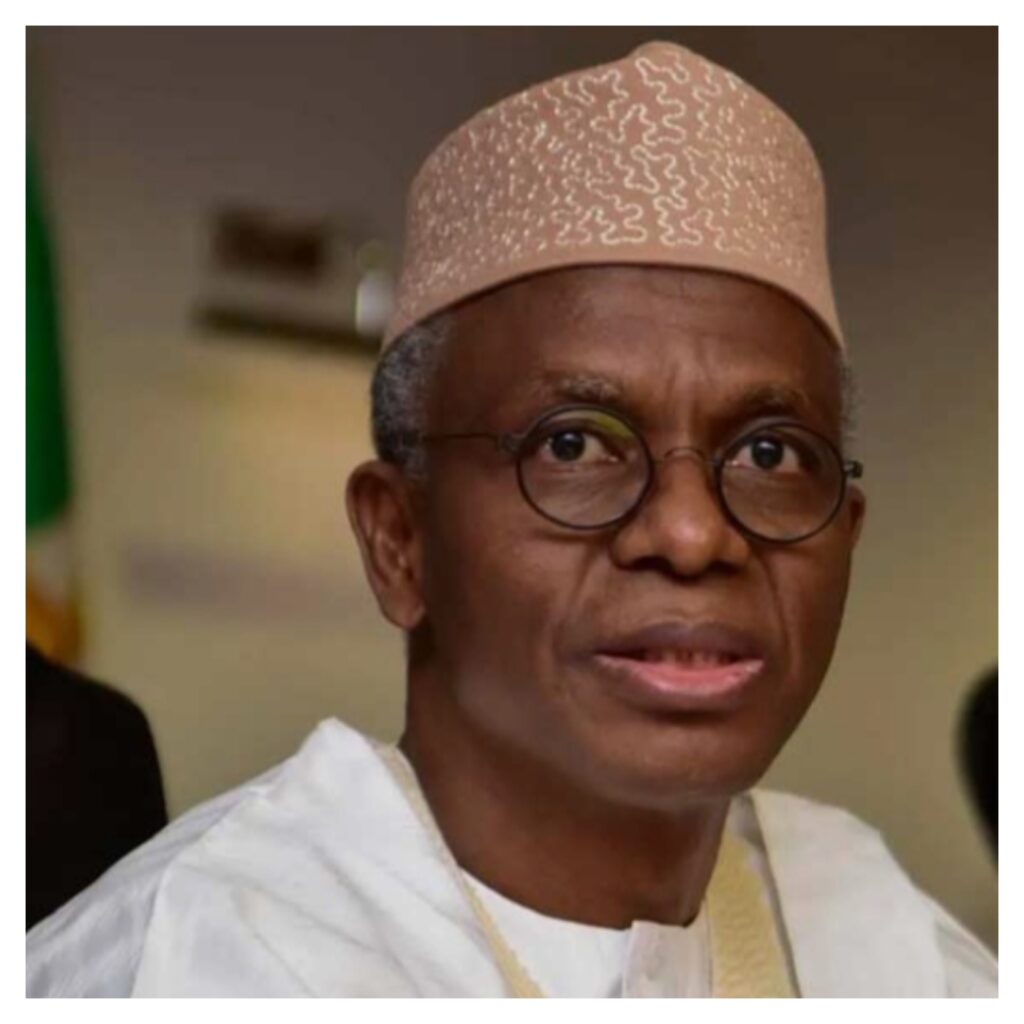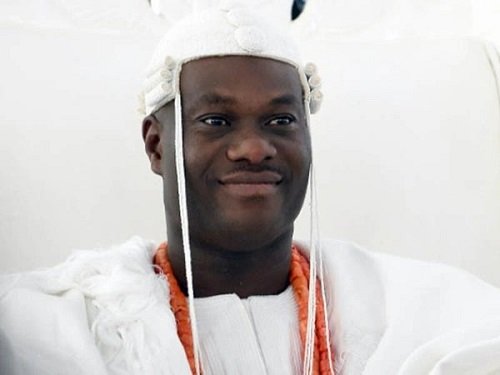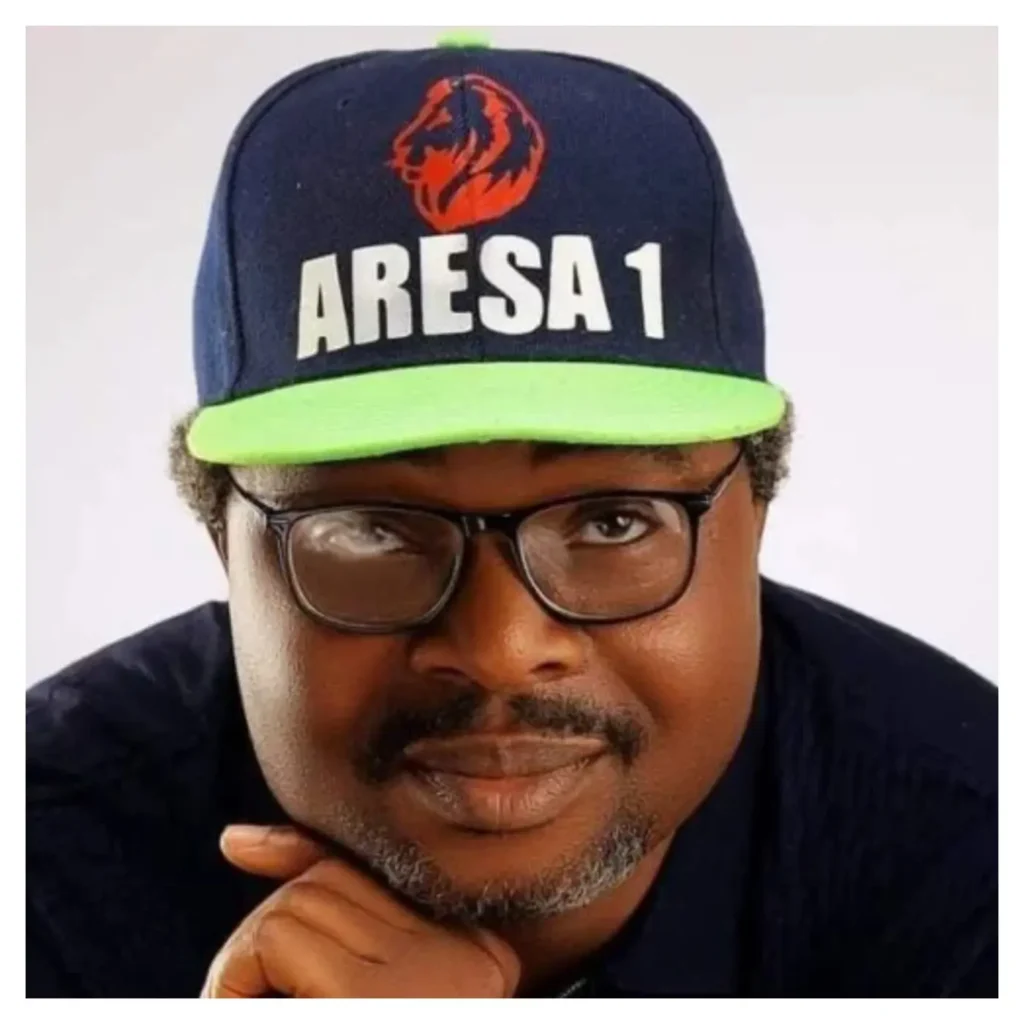Now Reading: PDP Faces Historic Collapse as Four Governors Defect to APC, Deepening Crisis Ahead of 2027
-
01
PDP Faces Historic Collapse as Four Governors Defect to APC, Deepening Crisis Ahead of 2027
PDP Faces Historic Collapse as Four Governors Defect to APC, Deepening Crisis Ahead of 2027

Nigeria’s main opposition party, the Peoples Democratic Party (PDP), is grappling with one of the worst political crises in its history as four sitting governors and several senior figures have defected to the ruling All Progressives Congress (APC) within months.
The mass exodus, which analysts describe as a “political earthquake,” has plunged the once-dominant party into confusion and infighting as it struggles to remain relevant ahead of the 2027 general elections.
The defection storm began in April when Delta State Governor Sheriff Oborevwori, his predecessor Ifeanyi Okowa, and top PDP leaders in the state switched allegiance to the APC. Their move was announced in Asaba by Senator James Manager after a six-hour closed-door meeting.
In June, Akwa Ibom’s Governor Umo Eno joined the APC, declaring that “it is time to move” and align with the party at the federal level. Quoting biblical references, the pastor-turned-governor said he was simply “interpreting the times” and acting in the best interest of his state.
This week, Enugu State Governor Peter Mbah and Bayelsa State Governor Douye Diri also crossed over to the ruling party. Mbah defended his decision, saying he moved to a platform that would “serve the people optimally,” while Diri’s defection, announced by his Chief Press Secretary, Daniel Alabrah, was followed by the mass movement of the state assembly members to the APC.
Political observers have linked the PDP’s current misfortune to internal disunity and former Vice President Atiku Abubakar’s refusal to respect the party’s zoning principle during the 2023 presidential primaries.
Katchy Ononuju, a former aide to Peter Obi, said the PDP is “paying the price” for its 2023 missteps.
“If Atiku had respected zoning, the PDP wouldn’t be in this mess. His ambition destroyed the party,” Ononuju told DAILY POST.
He, however, maintained that the PDP could still recover if it “fixes itself” and remains committed to internal reformation
Responding to the criticisms, Atiku’s media aide, Paul Ibe, argued that the defections prove the former vice president was never the problem.
“Those who are defecting thought Atiku was the problem. Now he’s out, and they are still leaving,” Ibe said. “The insect that destroys vegetables is inside the vegetables.”
Despite the turmoil, Action Alliance (AA) National Chairman Kenneth Udeze and former Arewa Consultative Forum scribe Anthony Sani believe the PDP will survive—though weakened.
Udeze described defectors as “politicians without balls,” urging Nigerians to consider emerging parties like AA.
Sani, on the other hand, blamed the defections on the absence of ideology in Nigerian politics.
“Nigerian politicians are not driven by principles but by electability,” he said, predicting that the PDP may split into factions again by 2027.
For now, the PDP still controls eight states—Adamawa, Rivers, Plateau, Osun, Bauchi, Oyo, Taraba, and Zamfara—but with its foundation shaking, many wonder whether the party can bounce back from what could be its biggest fall yet.




